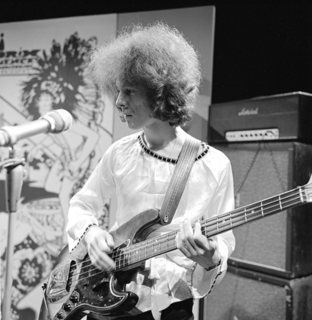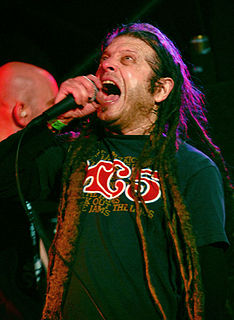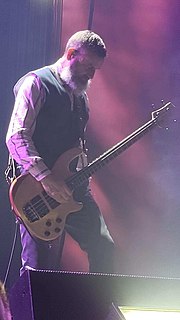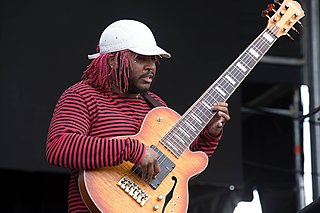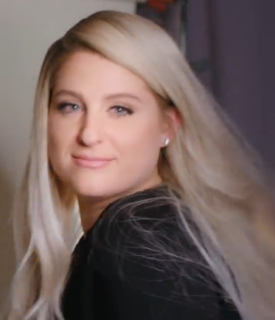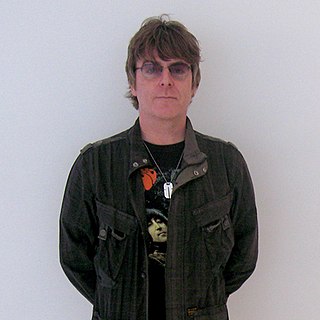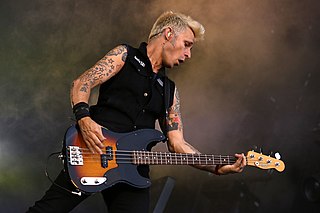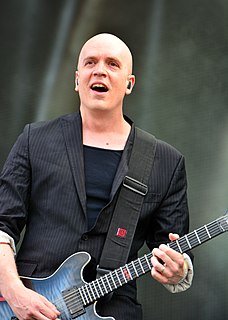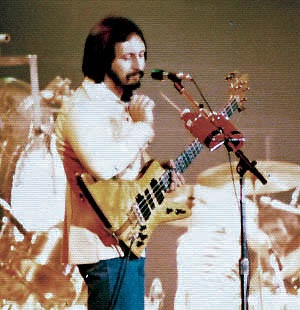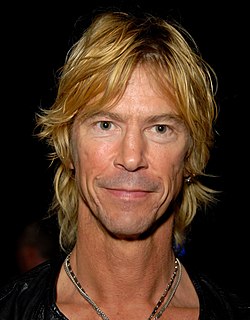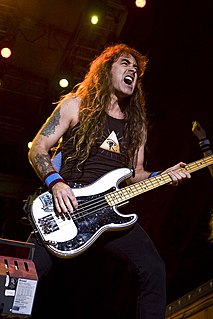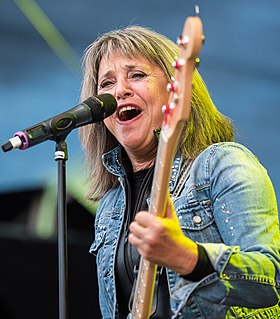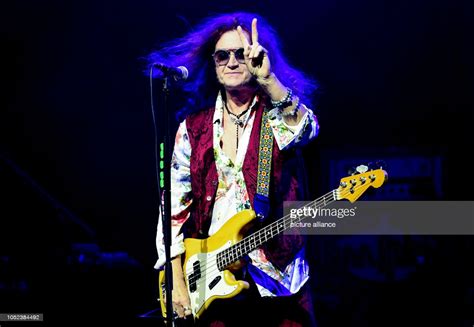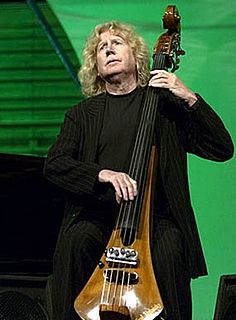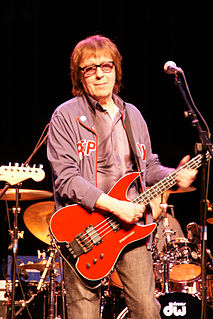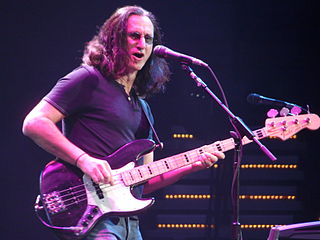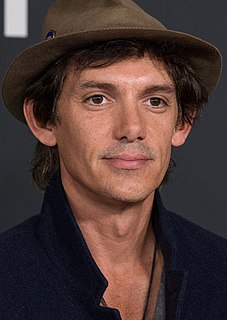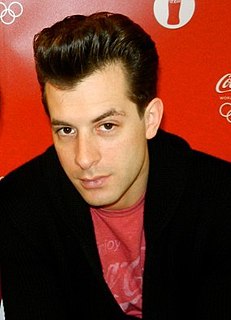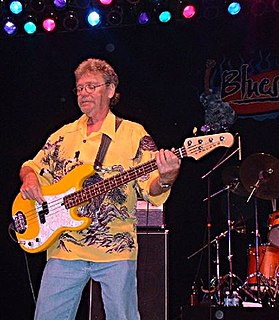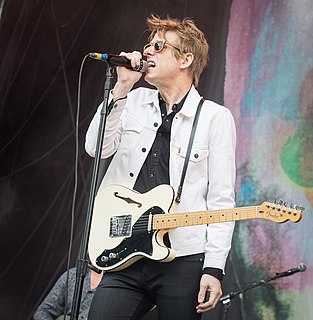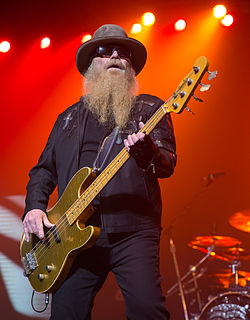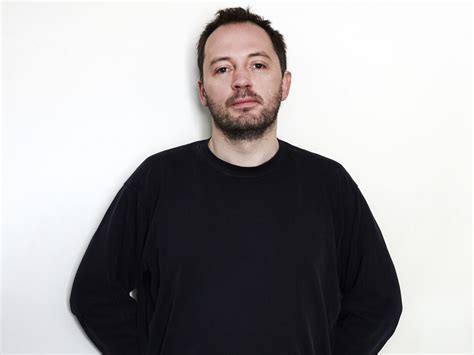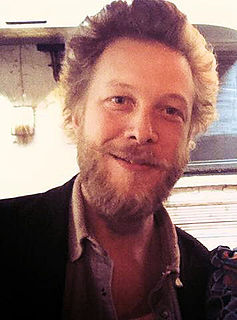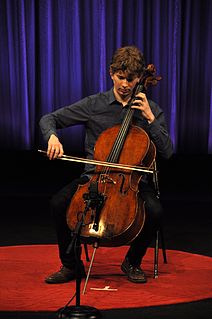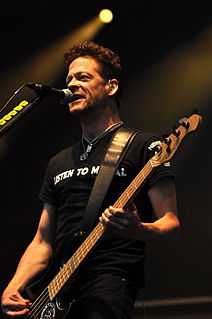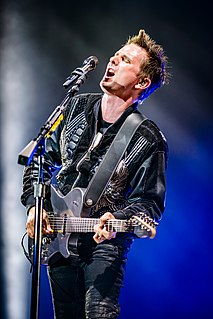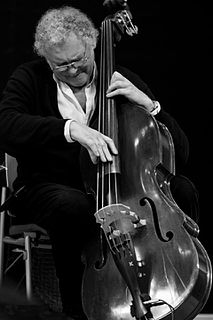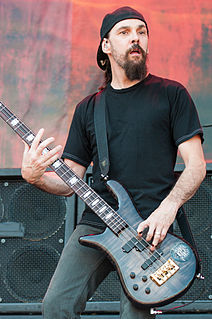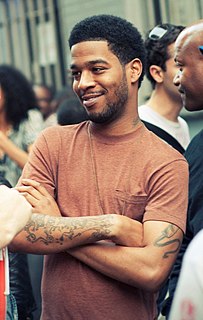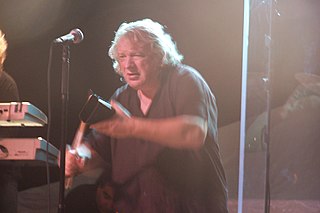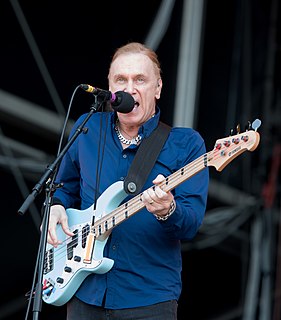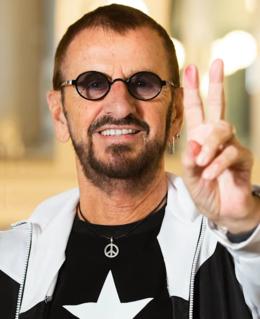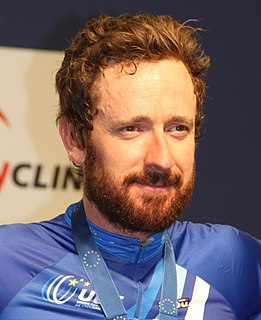Top 1200 Playing Bass Quotes & Sayings
Explore popular Playing Bass quotes.
Last updated on April 14, 2025.
I don't look at my instrument as having one specific role; I was raised to go as far as you can. But Raphael Saadiq hated my bass. He told me to throw it away. And playing in Snoop's band, there was a time when my bass was more annoying to everyone than helpful. They would get on my case: 'Can you make your bass sound like more of a bass?'
When I started playing the bass, I became kind of fascinated by it and started investigating various styles of bass playing, and I was really struck with funk music, mainly American funk music - Stanley Clarke, Funkadelic and that kind of stuff. That comes out in a couple of songs like 'Barbarism Begins at Home.'
It's funny: when I started playing bass in 1984, you had guys like Paul Simonon fron the Clash, John Paul Jones, Lemmy, and Nikki Sixx was the head guy in Motley Crue, and you had all this post-punk stuff like Magazine and Killing Joke where the bass sort of lead the way. Not that I picked it to sort of be a main dude, but it intrigued me.
Instead of thinking in terms of chords, I think of voice-leading; that is, melody line and bass line, and where the bass line goes. If you do that, you'll have the right chord. [These voices] will give you some alternatives, and you can play those different alternatives to hear which one suits your ear. Keep the bass line moving so you don't stay in one spot: if you have an interesting bass line and you roll it against the melody, the chords are going to come out right.
I started playing bass in my friend's band for some reason. It was just something I did because, well, he asked me if I wanted to play bass and he played me this song - Nirvana's version of "Molly's Lips", the Vaselines song - and he said, "You can do this! This is not hard!" and it's like a two-note song. I learned that and then I thought I was a genius.
One of my all-time favourite guitarists is, in fact, a bassist - John Entwistle from The Who. He's one of my all-time favourites, the way he kind of expanded. I mean, he could have been a lead guitarist and been one of the best guitarists in the world. He wasn't even bass player; he was a bass guitarist, and he took the bass to another level.
